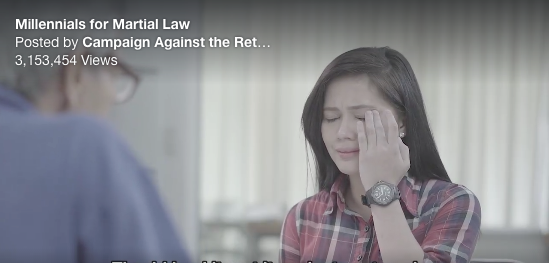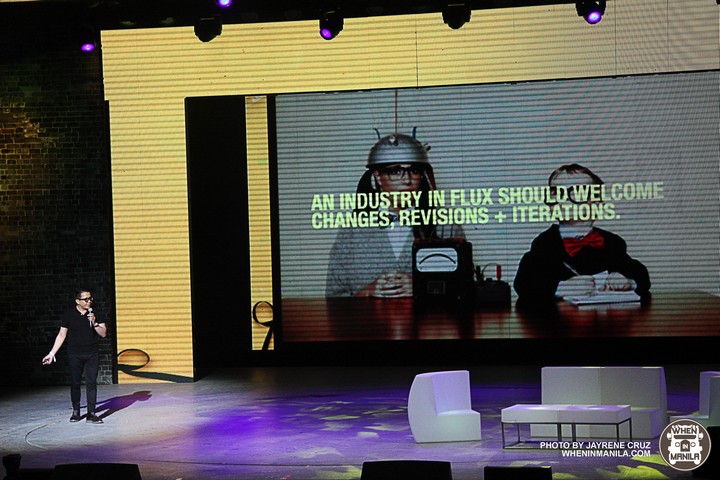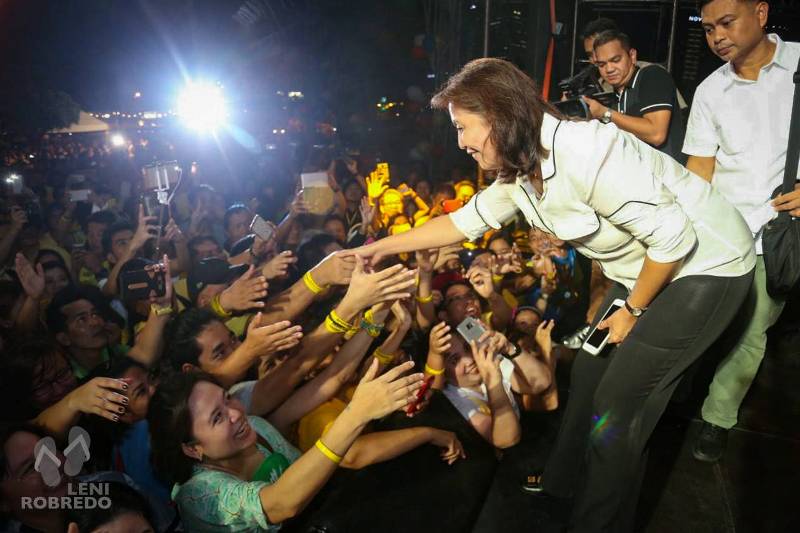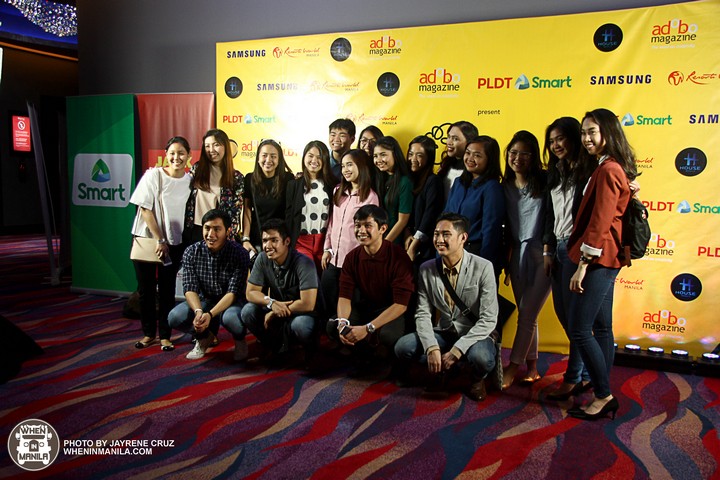Remember that video that went viral in 2016 about pro-Martial Law “millennials” meeting Martial Law victims?
The video garnered millions of views in just a few days’ time. It was a massive hit. But turns out, the virality of the video isn’t just a success story for a page raking in the hits and ranks. As I have learned, the video’s success is so much bigger than just internet numbers. It was bigger than all of us.
I was at the adobo Festival of Ideas last November 30th at Resorts World Manila. The event was a coming together of leaders from the creative, marketing, and advertising industries from all over the world—from London, to Singapore, to Manila, and beyond. The large audience which filled the seats at Resorts World’s massive Newport Performing Arts Theater was comprised mostly of young’uns eager to learn from the experts. Students, advertising and marketing agency newbies, and digital people like my WhenInManila.com team.
Melvin Mangada, Managing Partner and Chief Creative Officer of top Philippine advertising agency TBWA\Santiago Mangada Puno, was the genius who brought up the topic about the viral Martial Law video in his talk. In fact, he revealed it was his agency’s creation.
Call it a passion project, perhaps. For it was out of his frustration from the Vice-Presidency election polls that this video was born. As a baby boomer, Mangada couldn’t believe who was leading in numbers. And thus this viral video came to life.
Watch it here:
In the video, a couple of pro-Martial Law millennials were set up to meet victims of the Martial Law under the Marcos era, who retold their first-hand experiences of the brutality during that time. Unaware of the truths that happened during that dark period, the young ones could be seen terribly moved by the stories, with one even asking for a hug. “I didn’t know,” a young girl could be heard quipping under flowing tears.
The video is controversial, that’s for sure. The 2016 election period was a chaotic time I believe would go down in Philippine history. The country has never been so divided. And the video bravely tread those dangerous crossings in between. But it ingeniously worked.
WATCH: Poignant Video When the Younger Generation Meets Martial Law Victims
Because isn’t that the measure of virality nowadays? It isn’t so much about correctness. Not the right or the wrong. It is all about the controversy. The buzz. The hype. The hits.
Whether the video served its purpose or not, he cannot really tell, Mangada says. But he would like to believe that it did. The video, which was published through the social media pages of the Campaign Against the Return of the Marcoses to Malacanang (CARMMA), was posted only on May 3rd, just a week short of the May 9th election. And Bong-Bong Marcos, son of former President Ferdinand Marcos who declared the Philippine Martial Law in 1972, was leading in the polls. But, somehow, as election day neared, the numbers started shifting. And as we all know today, Marcos’ biggest rival in the polls took home the win—our now Vice President, Leni Robredo.
So was it the viral video’s doing? The massive shift that perhaps might have changed the course of Philippine history?
It really is difficult to tell. But something did change in those six days from the video’s posting to election day, so there might just be a little responsibility there.
But this much we do know—it doesn’t take a genius to tell—a revolution can be started from just a few clicks on our gadgets. Today’s most influential social media personas are proofs of that—from Mocha Uson, to bloggers, and even just internet stars. A few of their words are enough to start a war that goes beyond the internet.
Art in any form has always been a powerful medium, sometimes even more powerful than weapons. Mix that with the addicting influence of the internet and social media and, with the right words and visuals, what can be created is a burgeoning movement that cannot easily be stopped.
“We tell stories because it affects us individually. We are not storytellers, we are story makers.”
— Melvin Mangada, TBWA\Santiago Mangada Puno
–
Stay updated about the annual Adobo Festival of Ideas:
www.adobomagazine.com
Facebook: www.facebook.com/adobomagazine
Twitter: @adobofoi










